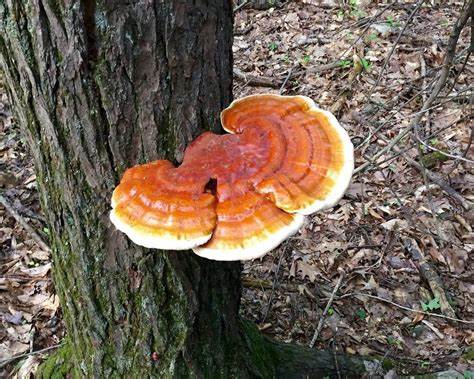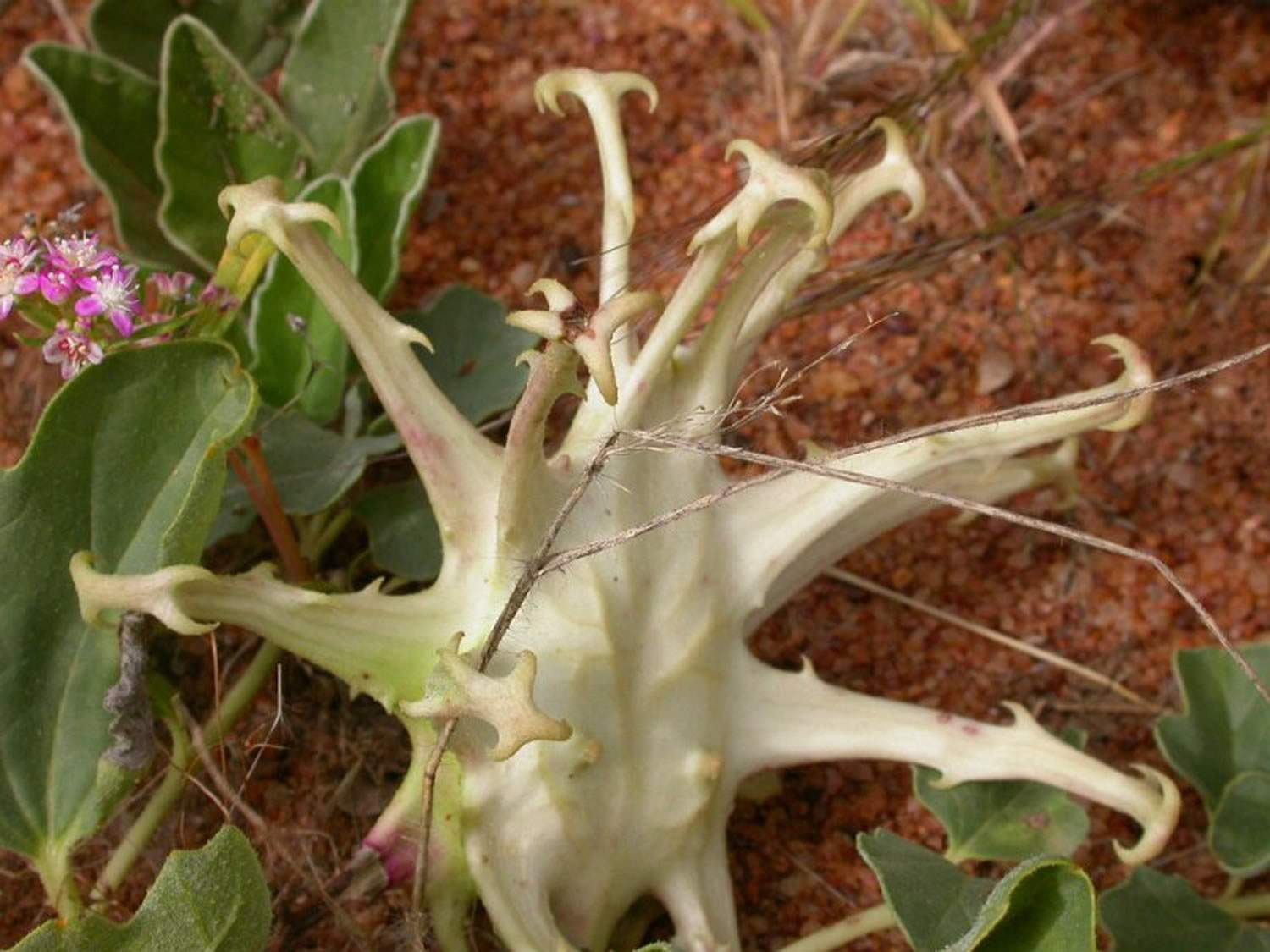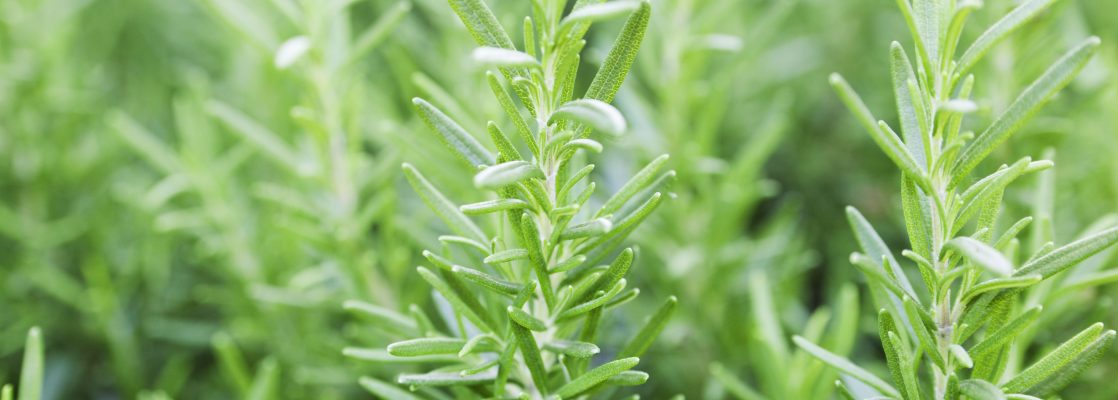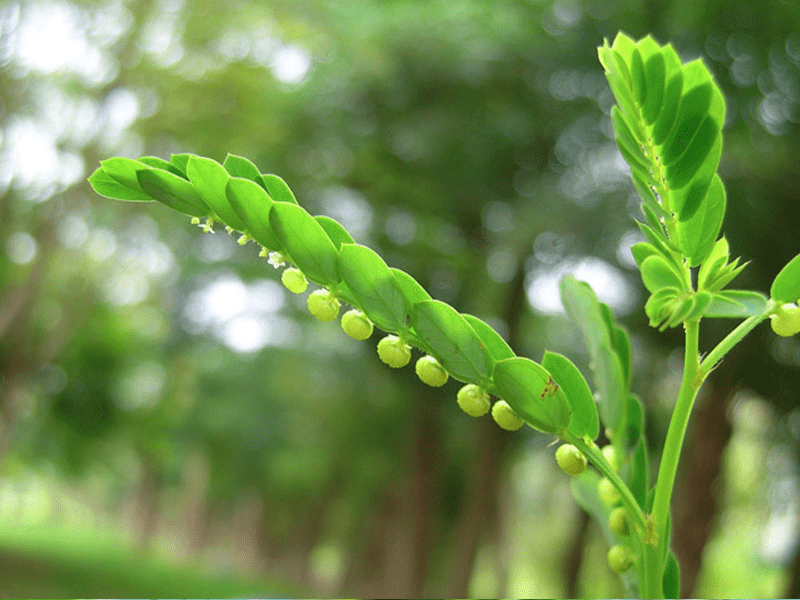Reishi Mushroom (Ganoderma lucidum) Health Benefits and How to Use as Herbal Medicines
Reishi mushrooms, also known as Ganoderma lucidum or lingzhi, are fungi that grow in various hot and humid locations in Asia Africa and many parts of the world. They are well-known for their potential health benefits and have been used in traditional Eastern medicine for centuries.
The health benefit of Reishi Mushroom (Ganoderma lucidum)
Reishi mushrooms, known scientifically as Ganoderma lucidum, offer a range of health benefits. Here are some of the key benefits:
- Boosting the Immune System: Reishi mushrooms may enhance immune function by affecting genes in white blood cells, which are crucial for immunity.
- Anti-Cancer Properties: They have potential anti-cancer properties and have been shown to lead to the death of cancer cells in laboratory studies.
- Reducing Fatigue and Depression: Reishi mushrooms might help reduce fatigue and depression, improving overall quality of life.
- Heart Health and Blood Sugar: They may have beneficial effects on heart health and blood sugar levels, which could reduce the risk of diabetes and heart disease.
- Antioxidant Status: These mushrooms have high antioxidant activity, which protects your body from cell damage and may increase your overall health.
While Reishi mushrooms are generally considered safe, they can cause digestive side effects and might interact with certain medications. It’s always recommended to consult with a healthcare professional before adding Reishi mushrooms or any new supplement to your regimen
The chemical composition of Reishi Mushroom
Reishi Mushroom, or Ganoderma lucidum, contains a rich array of bioactive compounds. Here are some of the key components identified in various studies:
- Polysaccharides: These are complex carbohydrates that play a role in enhancing the immune system.
- Triterpenoids: Known for their bitter taste, these compounds may have anti-cancer, anti-inflammatory, and liver-protective effects.
- Phenols and Steroids: These antioxidants contribute to the mushroom’s health-promoting properties.
- Amino Acids: The building blocks of proteins, essential for various bodily functions.
- Lignin: A complex organic polymer found in the cell walls of many plants, contributing to the structural integrity of the mushroom.
- Vitamins: Reishi mushrooms contain several vitamins, essential for maintaining good health.
- Nucleotides and Nucleosides: These compounds are involved in many biological processes, including the production of RNA and DNA.
- Fatty Acids: Important for many body functions, including building healthy cells and producing hormones.
The mushroom also contains a variety of other compounds, such as organic germanium, adenosine, and mycins, which have been attributed to various medicinal effects. The specific concentrations of these compounds can vary depending on the part of the mushroom and the method of extraction used.
How to use Reishi Mushroom (Ganoderma lucidum) as herbal medicines

Reishi mushrooms, or Ganoderma lucidum, can be used as herbal medicine in several ways. Here’s how you can incorporate them into your health regimen:
- Tea: Reishi can be steeped in hot water to make a healing tea. Slice the dried mushrooms and boil them in water, then steep them to extract the beneficial compounds.
- Tinctures: These are concentrated forms of Reishi mushroom and can be taken directly under the tongue or added to water or tea.
- Powders: Reishi mushroom powder can be mixed into smoothies, shakes, or food. It’s a convenient way to add it to your diet.
- Capsules: For those who prefer a no-fuss method, capsules containing Reishi mushroom extract are available.
- Soups: Traditional methods include adding Reishi mushrooms to soups and broths to imbibe their medicinal properties.
It’s important to follow dosage instructions provided by the product manufacturer or a healthcare professional. While Reishi mushrooms are generally considered safe, they can cause digestive side effects and might interact with certain medications. Always consult with a healthcare professional before starting any new herbal treatment.
Remember, while Reishi mushrooms are celebrated for their health benefits, more research is needed to fully understand their effects, especially in clinical settings.
Safety and Side Effects of Reishi Mushroom
Reishi mushrooms, known as Ganoderma lucidum, are generally considered safe for most people, but like any supplement, they can have side effects and interact with other medications. Here’s what you should know about their safety and potential side effects:
Safety:
- Reishi mushroom extract is possibly safe for up to 1 year when taken orally.
- However, taking powdered reishi mushroom for longer than 1 month may be toxic to the liver.
Side Effects:
- Common side effects include nausea, insomnia, and chronic diarrhoea.
- Reishi mushroom can cause an allergic reaction associated with dryness in the mouth, throat, and nasal passages.
- Other side effects can include dizziness, itchiness, rash, stomach upset, nosebleeds, and bloody stools.
- Drinking reishi wine can cause a rash.
Interactions:
- Reishi mushroom may increase the risk of bleeding, especially if you are taking anticoagulant or antiplatelet drugs.
- It may also interact with medications for blood pressure, diabetes, or immune system disorders.
It’s important to consult with a healthcare professional before taking reishi mushrooms, particularly if you have health conditions or are on medication. The safety profile of reishi mushrooms is still being studied, and while they are widely used, it’s best to use them under the guidance of a healthcare provider.
External links
Safety and Side Effects of Reishi Mushroom
how to use Reishi Mushroom (Ganoderma lucidum) as herbal medicines
what is the chemical composition of Reishi Mushroom (Ganoderma lucidum)
Review Reishi Mushroom (Ganoderma lucidum).
You must be logged in to post a review.









please rate and give a comment